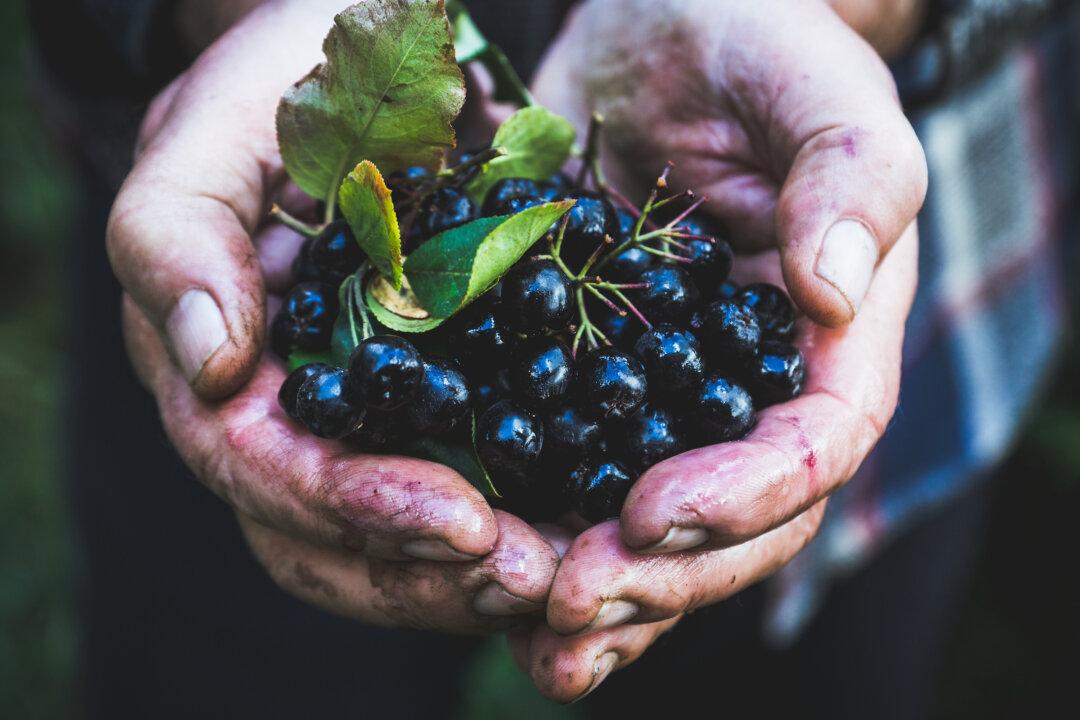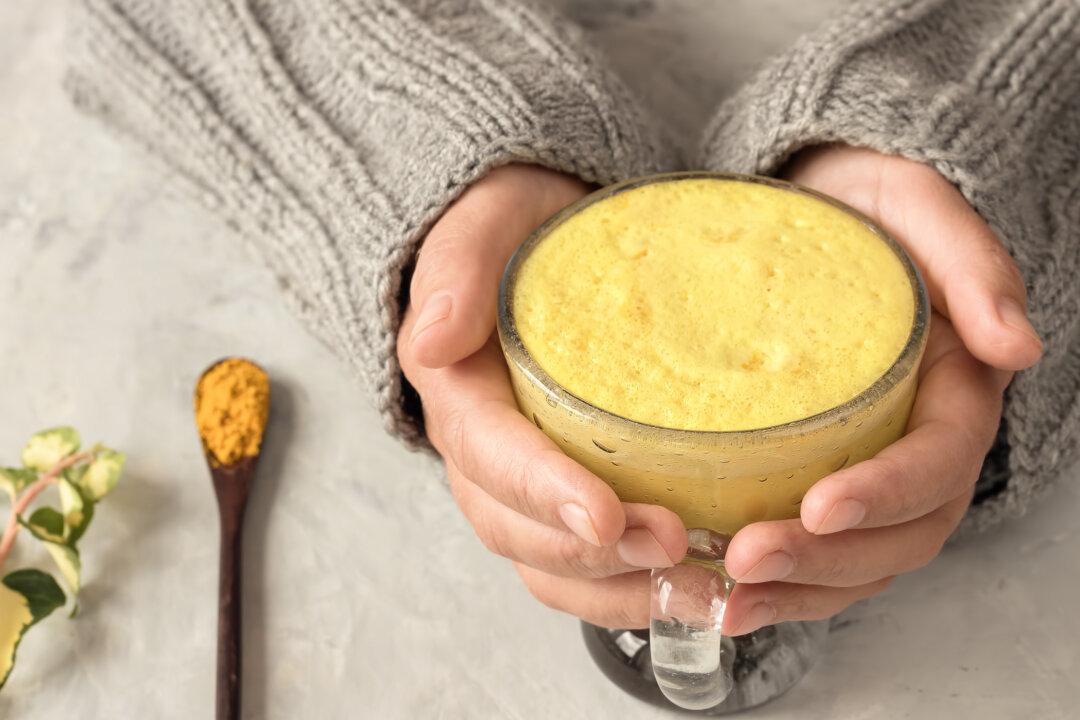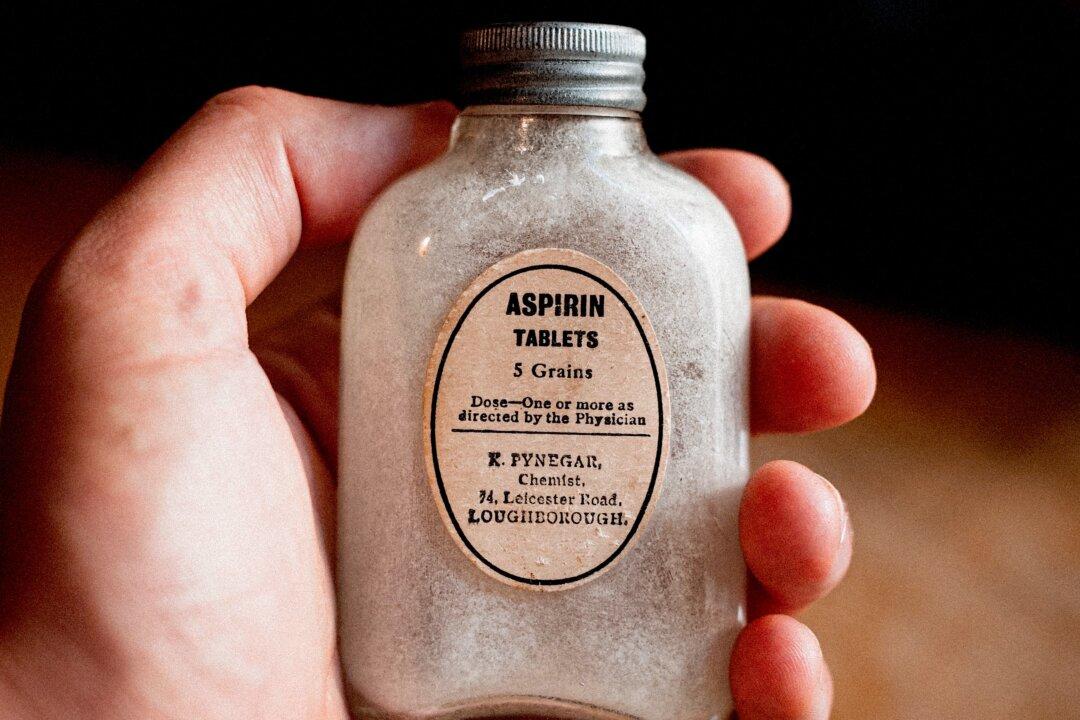If you think mushrooms are just a way to add flavor to pizzas and stir-fries, then you’re missing the bigger picture. The medicinal use of mushrooms in Asian culture is one of the most well recognized use of this extraordinary plant. There’s a reason the mushroom is bearer of the title “MycoMedicinals” a unique class of natural products that includes all types of mushrooms and their extracts or powders.
So what is it about fungi that promotes healing?
Death to Cancer 3 Ways
Research has shown that medicinal fungi:- Induces Apoptosis—the death of cancer cells;
- Regulates Autophagy—the process by which a cell breaks down and destroys old, damaged, or abnormal proteins and other substances in its cytoplasm;
- Suppresses Angiogenesis—the development of new blood vessels that tumors need in order to grow and metastasize.






